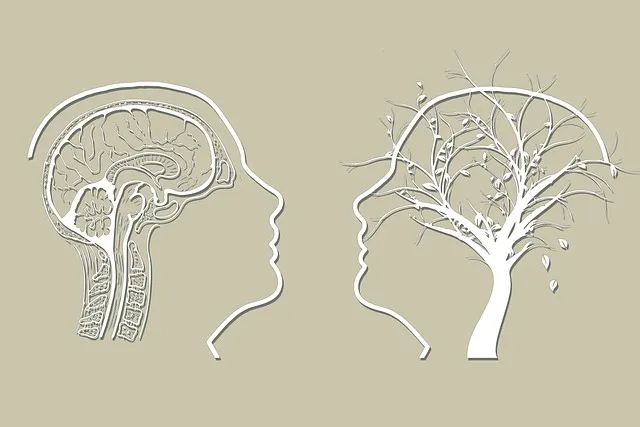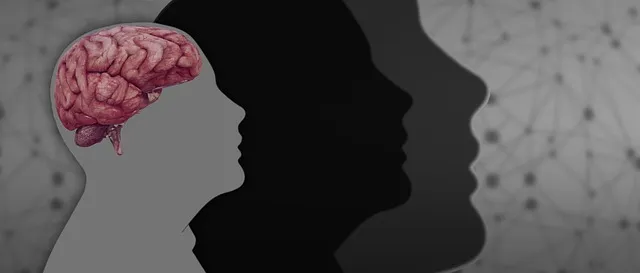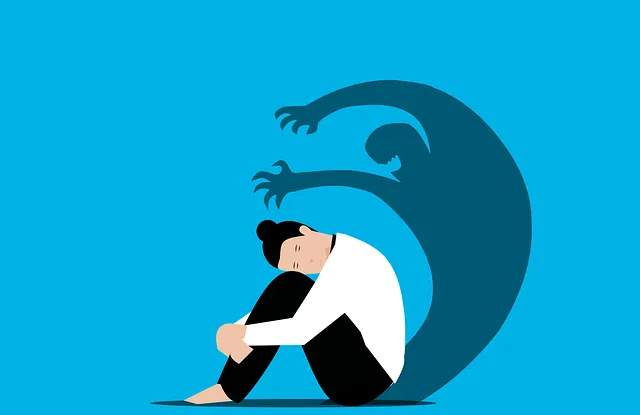The Kaiser Permanente mental health facility in Longmont tackles stress as a complex challenge through its Community Outreach Program, focusing on education and evidence-based practices like mindfulness and cognitive behavioral therapy. They prioritize resilience building, burnout prevention, and cultural sensitivity to empower individuals with effective stress management tools. By integrating daily habits, time management skills, and community engagement, the facility fosters holistic well-being and creates supportive environments for improved mental health outcomes.
At Kaiser Permanente Mental Health Facility in Longmont, stress management techniques are not just taught; they’re empowered. This comprehensive guide explores the multifaceted approach to understanding and mitigating stress, drawing insights from the facility’s expertise. We delve into the impact and causes of stress, equip individuals with powerful tools, and present practical strategies for daily implementation. Additionally, we highlight holistic methods like mindfulness and relaxation, emphasizing the importance of support systems through open communication and community engagement.
- Understanding Stress: Unveiling the Impact and Causes at Kaiser Permanente Mental Health Facility Longmont
- The Role of Education: Equipping Individuals with Effective Stress Management Tools
- Techniques for Daily Practice: Practical Strategies to Foster Resilience
- Integrating Mindfulness and Relaxation: A Holistic Approach to Well-being
- Building Support Systems: Encouraging Open Communication and Community Engagement
Understanding Stress: Unveiling the Impact and Causes at Kaiser Permanente Mental Health Facility Longmont

At Kaiser Permanente Mental Health Facility Longmont, understanding stress goes beyond mere definition; it involves recognizing its multifaceted impact on individuals and communities. Stress is a complex response triggered by various factors, from work pressures and financial constraints to personal relationships and health issues. By delving into these causes, the facility’s Community Outreach Program Implementation aims to equip individuals with the tools needed to navigate life’s challenges more effectively.
Through Self-Awareness Exercises and other evidence-based practices, Kaiser Permanente Longmont fosters self-esteem improvement, enabling individuals to develop resilience against stressful situations. These initiatives go beyond treating symptoms; they seek to empower people to manage stress proactively, enhancing overall well-being in a supportive environment.
The Role of Education: Equipping Individuals with Effective Stress Management Tools
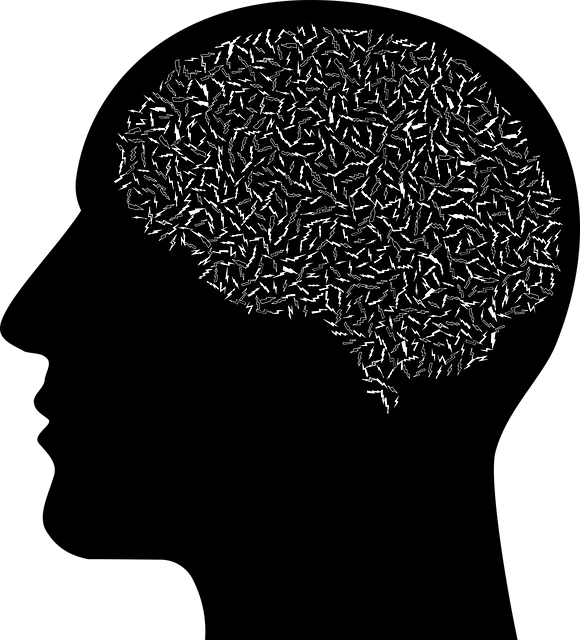
Education plays a pivotal role in equipping individuals with effective stress management tools, empowering them to lead healthier and more fulfilling lives. The Kaiser Permanente mental health facility in Longmont recognizes this crucial aspect, offering comprehensive programs designed to foster resilience building and coping skills development. These initiatives not only help individuals navigate the challenges of daily life but also serve as potent measures for burnout prevention.
By integrating evidence-based practices into their teaching methodologies, the facility ensures that participants gain practical knowledge and skills to manage stress effectively. This includes mindfulness techniques, relaxation exercises, cognitive behavioral therapy, and other strategies that have been proven to enhance mental well-being. Through these educational efforts, Kaiser Permanente Longmont contributes significantly to building a community where individuals are better equipped to handle life’s stressors, fostering both personal growth and overall community resilience.
Techniques for Daily Practice: Practical Strategies to Foster Resilience
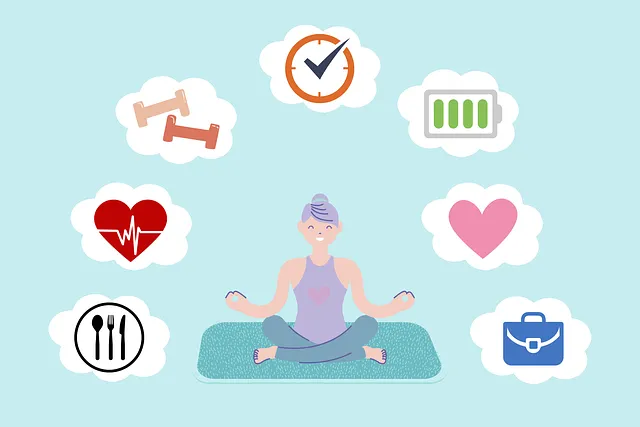
At the Kaiser Permanente mental health facility in Longmont, experts emphasize practical strategies to foster resilience through daily practice. Incorporating Mind Over Matter principles, these techniques aim to enhance mental health awareness and depression prevention by promoting a proactive approach to stress management. Simple yet effective habits like mindfulness meditation, regular exercise, and adequate sleep are cornerstones of this holistic approach, helping individuals cultivate inner strength and emotional balance amidst life’s challenges.
Additional strategies include time management skills, setting realistic goals, and engaging in enjoyable activities. By integrating these practical methods into daily routines, individuals can build a robust resilience framework that supports their overall well-being. This proactive mindset not only mitigates stress but also equips individuals with valuable tools to navigate life’s ups and downs with greater ease and mental clarity.
Integrating Mindfulness and Relaxation: A Holistic Approach to Well-being

At the Kaiser Permanente mental health facility in Longmont, integrating mindfulness and relaxation techniques has emerged as a holistic approach to enhancing well-being. This method recognizes the intricate connection between mind and body, aiming to cultivate a sense of calm and resilience in individuals facing stress. Through guided meditations, deep breathing exercises, and yoga practices, patients learn to tune into their senses and develop effective coping mechanisms. Such strategies not only promote relaxation but also foster better communication with oneself and others, as mindfulness encourages awareness of emotional cues and responses.
The cultural sensitivity aspect is another key component of this approach. Mental healthcare practitioners at the facility are trained to understand and accommodate diverse cultural backgrounds, ensuring that stress management techniques are adapted to individual needs and beliefs. This inclusive practice enhances mental health awareness and makes care more accessible and effective for a wide range of patients. By combining mindfulness, relaxation, communication strategies, and cultural sensitivity, Kaiser Permanente’s Longmont mental health facility offers a comprehensive framework for managing stress and supporting overall mental well-being.
Building Support Systems: Encouraging Open Communication and Community Engagement

Building strong support systems is a cornerstone of effective stress management, especially in settings like the Kaiser Permanente mental health facility in Longmont. Encouraging open communication fosters an environment where individuals can share their experiences and challenges without fear of judgment, which is crucial for mental illness stigma reduction efforts. This includes creating safe spaces for healthcare providers to discuss their own struggles, as burnout prevention strategies are essential for maintaining a healthy work-life balance.
Community engagement plays a vital role in enhancing confidence boosting techniques. By integrating with local support groups and initiatives, individuals can find like-minded people who understand their unique challenges. This interconnectedness offers emotional reinforcement, practical advice, and a sense of belonging, all of which contribute to more resilient coping mechanisms against stress and related mental health issues.
Stress management techniques teaching, as demonstrated by programs at the Kaiser Permanente mental health facility in Longmont, play a pivotal role in empowering individuals to navigate life’s challenges. By equipping them with a toolkit of effective strategies, from understanding stress triggers to integrating mindfulness and building support systems, these educational initiatives foster resilience and holistic well-being. Adopting these practices can significantly enhance one’s quality of life, offering a path towards greater mental clarity, emotional balance, and overall health, all within the vibrant community of Longmont.

